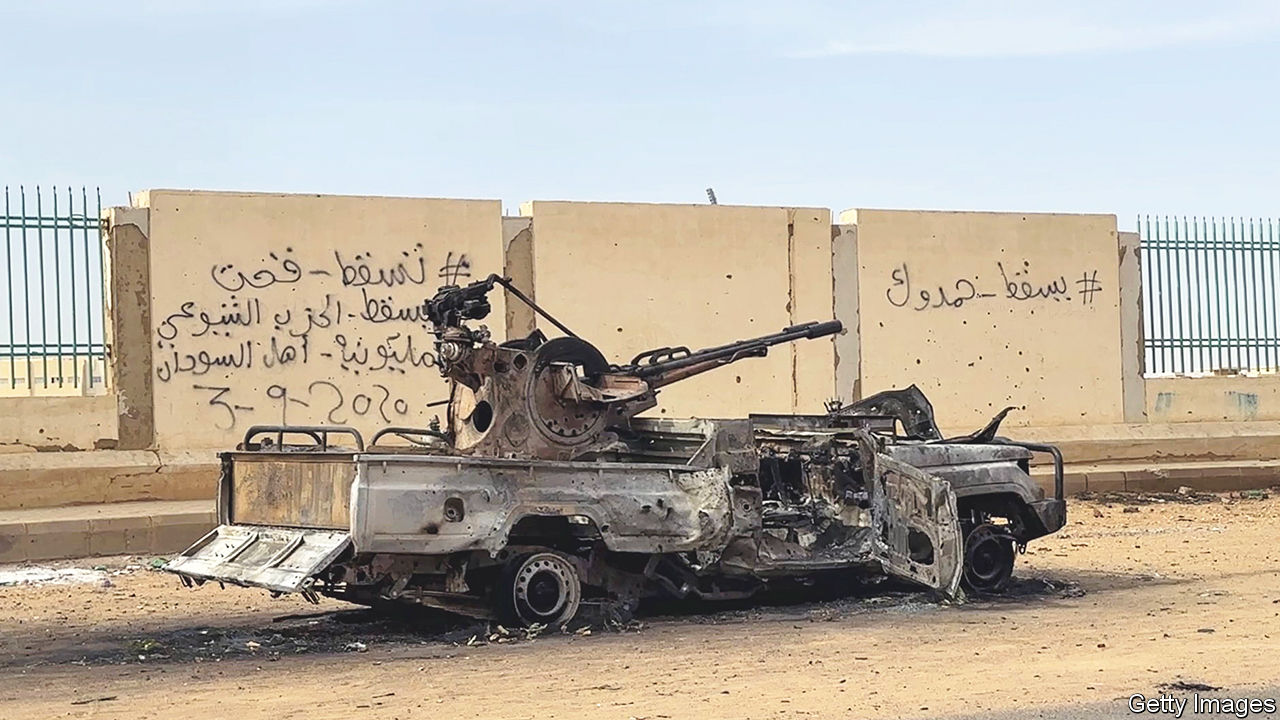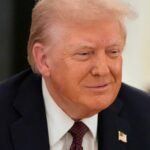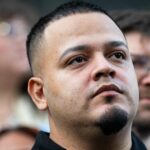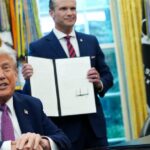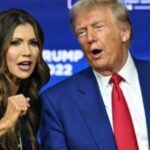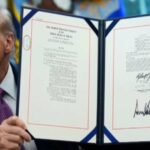Sudan is currently facing the threat of civil war, with fighter jets and bombs shaking the capital, Khartoum. While it is easy to blame individuals for the conflict, such as General Abdel Fattah al-Burhan and Muhammad Hamdan Dagalo, who are both vying for power, the country’s troubles run deeper. Sudan has been plagued by civil war since gaining independence in 1956, and this is indicative of a larger global problem: the increasing persistence of conflict.
Conflicts around the world are worsening, with the number of people forced to flee their homes doubling in the past decade to approximately 100 million. The need for emergency aid has also doubled since 2020, with 80% of this driven by conflict. This is part of a third wave of conflicts that began after 2011, with the Arab spring leading to conflagrations in the Middle East, the spread of jihadism, and Russian imperialism under Vladimir Putin.
The causes of modern armed conflicts are often complex and difficult to understand. They are usually civil wars, where rival groups fight for control of newly independent states or against oppressive governments. In Sudan, the army and paramilitary forces are battling for power, with both sides craving unaccountable power and the associated perks. General al-Burhan already controls a vast, shady business empire, while Dagalo has reportedly made a fortune from gold mines and selling military services abroad.
The persistence of conflict in Sudan and around the world is a pressing issue that needs to be addressed. It is crucial to understand the underlying causes and work towards promoting peace, stability, and accountable governance. Otherwise, the number of people affected by conflict will continue to rise, and the humanitarian crisis will worsen. Efforts must be made to prevent conflicts from escalating into full-blown wars and to provide support and aid to those affected by violence and displacement. Ultimately, a long-term solution requires addressing the root causes of conflicts and promoting inclusive governance and economic development.

